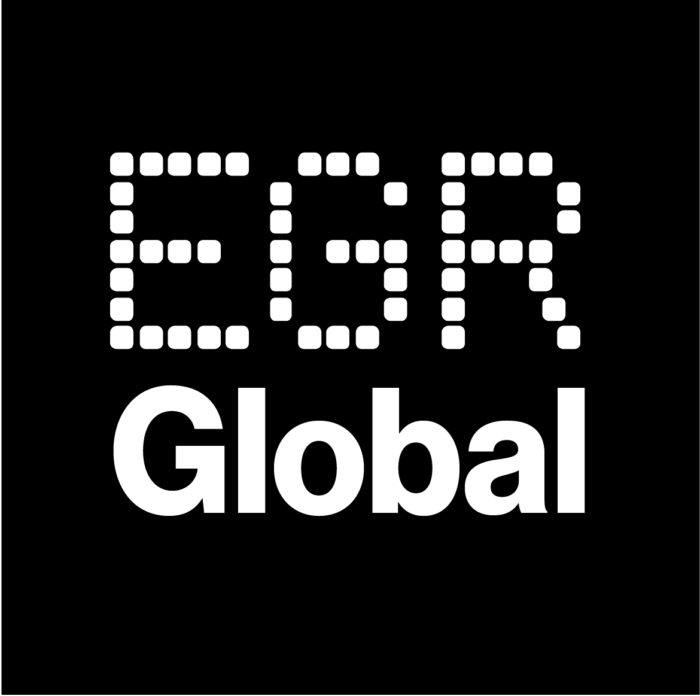
EGR US Power Rankings 2022

11/04/2022
Subscription Expired
Don’t miss a moment — restore your subscription for uninterrupted coverage
Your access has ended, but it doesn't have to stay that way. To continue enjoying our content, simply complete the form below or reach out to our support team support@egr.global — we’re here to help you get back on track quickly.